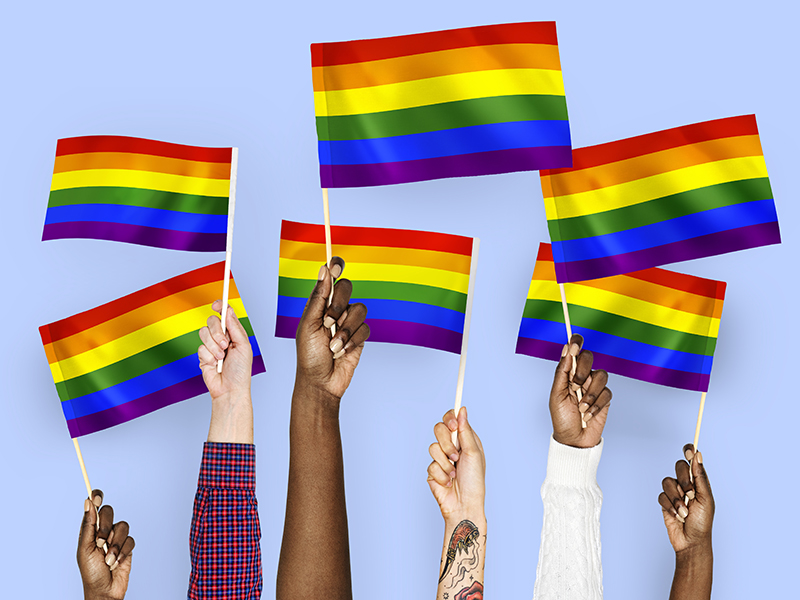

In April, Pride at Work Canada convened nine professionals across the country to discuss the specific impacts of the coronavirus pandemic on LGBTQ+ employees.
“We wanted to ensure everyone was working together to gather nationwide perceptions because each jurisdiction is viewing things differently,” says Colin Druhan, the organization’s executive director. “We also wanted to guarantee there were several dimensions regarding how [coronavirus] is affecting queer communities.”
One of the key points that came out of the discussion was the realization that many individuals are privileged to still have jobs and can work from home, he notes, but a substantial number of people are still required to go into work every day. According to a survey conducted in March by the Conference Board of Canada, 86 per cent of employers still have employees working from their designated occupational environments, with 87 per cent of that group saying they aren’t providing pay premiums to non-unionized workers.
Read: How to use benefits to support diversity and inclusion
Another recent survey by advocacy organization Egale Canada found half of LGBTQ+ households have faced layoffs, compared to 39 per cent of the general population, meaning LGBTQ+ people may suddenly find themselves as the sole earners in their families, says Druhan. “It’s important for employers to consider these factors when deciding on measures to support their [employees].”
With videoconferencing one of the new norms for work communications amid the pandemic, it’s important to note that more than half of LGBTQ+ Canadians aren’t out to all of their co-workers, he says. Some employees may not want to be on camera due to the prospect of people seeing their partner, children or symbols of queer identity. “This is something I don’t think a lot of people know is quite common for many LGBTQ+ people. While encouraging employees to display themselves on video can be a great way to build team spirit, it should be acknowledged that some people are not in the position to do so at every meeting.”
As well, due to socioeconomic factors, LGBTQ+ people are more likely to smoke cigarettes, says Druhan, which means they’re more susceptible to certain types of cancer, asthma and lower-respiratory conditions, which can be exacerbated by the coronavirus. And, while there isn’t evidence proving that an individual who’s HIV positive is disproportionately impacted by the virus if they’re healthy and taking medication, notes Druhan, many individuals may find themselves in a difficult financial position where they have to make a decision about purchasing their medication.
Read: How Scotiabank supported an employee’s gender transition
Further, many people who take medication for HIV have to take it at the same time every day, he says. So when they’re working strange hours, this scheduling can become difficult, especially if they’re not out about their HIV status at work. “It’s imperative that workers are allowed the flexibility to take breaks in order to effectively manage their health without needing to provide too much personal information.”
In addition, many jurisdictions have delayed or cancelled scheduled procedures because of the coronavirus crisis, says Druhan, which means some workers may have to wait for gender-affirming surgeries, causing specific and acute emotional strain and distress. According to Rainbow Health Ontario and the Canadian Mental Health Association of Ontario, LGBTQ+ people experience higher rates of depression, anxiety, obsessive compulsive and phobic disorders. And when these individuals seek help, notes Druhan, they don’t always receive treatment that’s affirming due to the incredible amount of homophobia, biphobia and transphobia present in Canadian health-care situations.
Finding counsellors prepared to hear some of the physical and emotional trauma that LGBTQ+ people have sustained because of homophobic violence is tough because it requires an understanding of how these phobias play out in the home or workplace, he says. LGBTQ+ individuals may have a similar mental-health diagnosis as anyone else, but where they come from may be a bit different and requires a different approach from a health-care perspective.
Read: What employer participation in Pride means to employees
